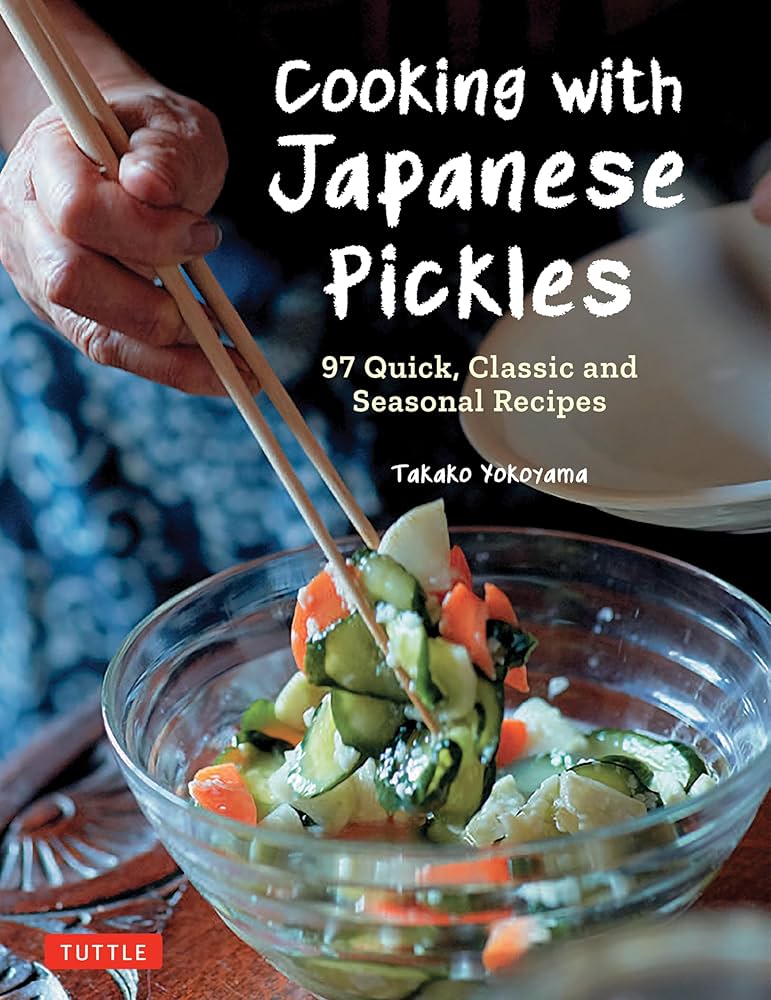Rediscovering Vintage Skills: The New Age of Pickling, Canning, and Gardening
Hands-on hobbies like gardening, canning, and baking are making a compelling comeback as more individuals seek to embrace sustainability and reconnect with tradition in modern life.
The charm of vintage skills is gaining newfound appreciation.
The Rise of Old-Time Skills
In today’s fast-paced world, there’s a significant shift as people turn to practices that were once standard in homemaking. From sourdough baking to gardening, traditional methods of preserving food are re-emerging due to a collective desire for self-sufficiency and a simpler way of life. Many are feeling the call to reconnect with the land and learn the arts of fermenting and canning.
The appeal of these vintage skills spans across urban and suburban communities, where the sight of mason jars filled with colorful preserves is becoming a common one again. As concerns about sustainable living amplify, the return to these practices isn’t just a trend; it’s a lifestyle choice that prioritizes eco-friendliness and waste reduction.
Increasingly, people are expressing a desire to slow down their routines, stepping away from the digital noise of daily life to work with their hands, nurturing both their gardens and their well-being. These hobbies provide a welcome escape from the pressures of modern society.
From Homesteading to Modern Self-Sufficiency
The recent global pandemic significantly accelerated interest in traditional crafts and homesteading activities. As individuals found themselves spending more time at home, hobbies such as canning, fermenting, and baking provided not only creative outlets but also therapeutic means to manage stress.
The Empowerment of Self-Sufficiency
Learning how to preserve seasonal produce or bake bread from scratch offers a sense of empowerment. For many, this hands-on approach allows for greater control over food sources, reducing reliance on pre-packaged goods. Gardening has become an entry point for many into sustainable living. Even those with limited space can participate by growing herbs or small vegetables in containers.
“There’s something about growing your own food that really resonates right now, especially for people living in cities,” says Shruthi Baskaran-Makanju, founder of Urban Farmie. “As someone who’s been a prolific urban gardener for over 10 years, I’ve seen how it helps people slow down, reconnect with nature, and take control of what’s on their plate — even if they only have a small balcony or a windowsill.”
Community gardening fosters local engagement and self-reliance.
Baskaran-Makanju encourages beginner gardeners to start with easy-to-grow plants, emphasizing that “it’s less about perfection and more about enjoying the process.” This mindset promotes a healthy approach to gardening that values the experience over the outcome.
The Age of Social Media Learning
Gone are the days when acquiring these vintage skills required a knowledgeable family member to guide newcomers. Platforms like TikTok, Instagram, and YouTube have become vital resources, allowing popular creators to share their knowledge and experiences.
Homesteaders and artisan creators showcase the satisfaction derived from hands-on achievements through step-by-step video tutorials. As viewers are presented with visual results—such as colorful jars of freshly canned produce or loaves of crusty bread—the path to mastering these crafts appears more achievable and rewarding.
Building Community Through Shared Knowledge
Social media further helps to level the playing field, creating a community of like-minded individuals eager to learn and share their experiences. The vast reach of these platforms ensures that the art of canning, fermenting, and baking is not only revived but celebrates an interconnectedness in knowledge-sharing among enthusiasts across the globe.
Home-canned foods are a delightful blend of tradition and taste.
Embracing Sustainability Through Tradition
The resurgence of these traditional hobbies embodies a shift towards sustainability. Fermenting at home not only results in nutrient-dense foods like sauerkraut and kombucha but also minimizes food waste. Likewise, canning preserves the taste of seasonal ingredients, allowing individuals to enjoy the fruits of their labor throughout the year—reducing dependency on out-of-season fruits and vegetables.
Furthermore, gardening fosters organic practices, such as composting and cultivating heirloom seed varieties, promoting a conscientious approach to consumption that resonates deeply with eco-conscious individuals. Many find gardening not just a relaxing pastime, but a commitment to sustainability and local ecosystems.
Getting Started: Embracing Hands-On Hobbies
For those eager to dive into these hands-on hobbies, starting small is vital. Newbies can begin with simple projects, such as establishing a compact kitchen garden, experimenting with a straightforward bread recipe, or attempting to make a small batch of homemade jam. Engaging in these activities not only hones practical skills but also instills a sense of accomplishment that is all too rare in our digital lives.
Many local communities offer workshops, and countless resources can be found in libraries to explore the depths of vintage skills in detail.
Starting a kitchen garden provides a sense of accomplishment and freshness.
A Journey Towards Self-Sufficiency
As convenience increasingly dominates modern lifestyles, the rising interest in traditional hobbies serves as a beacon of hope. By pursuing practices such as canning, fermenting, and gardening, individuals not only look to reconnect with their roots but also strive to cultivate a more sustainable and meaningful life.
These time-honored skills are vital in equipping a new generation with the tools for self-reliance and fulfillment. As the balance between contemporary living and old-world craftsmanship continues to evolve, the resurgence of hands-on hobbies heralds a bright future, one where sustainability and personal satisfaction reign supreme.
Whether it’s filling a jar with homemade pickles or tasting the rewards of freshly baked bread, the journey towards self-sufficiency offers a rich tapestry of experiences that elevate everyday living into something truly special.


 Photo by
Photo by 












